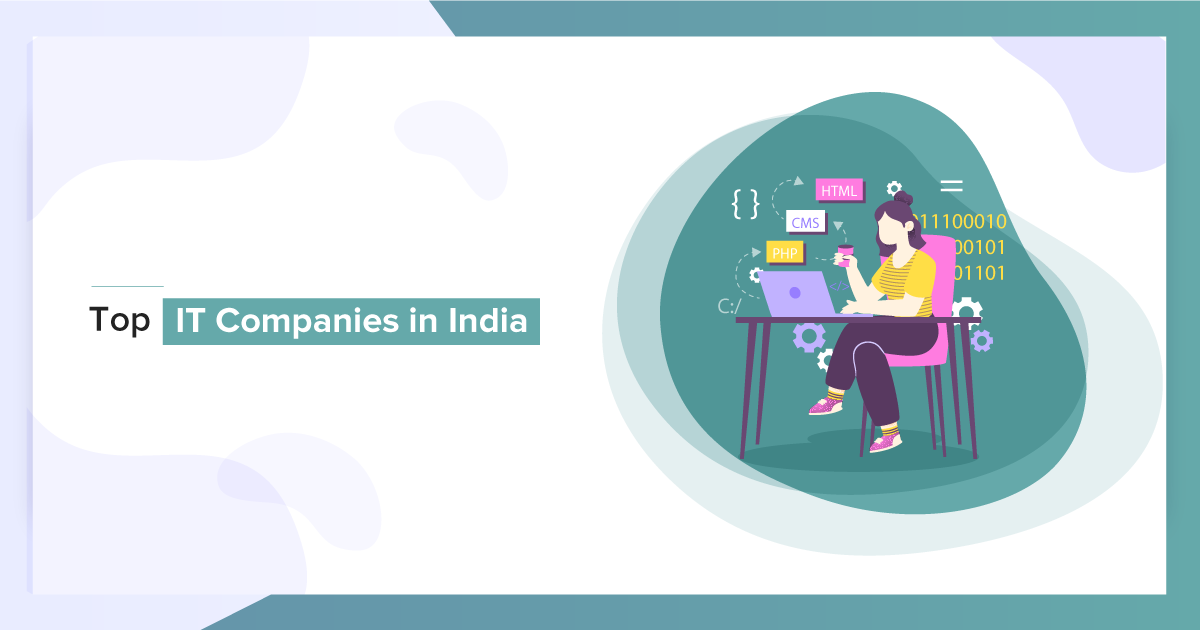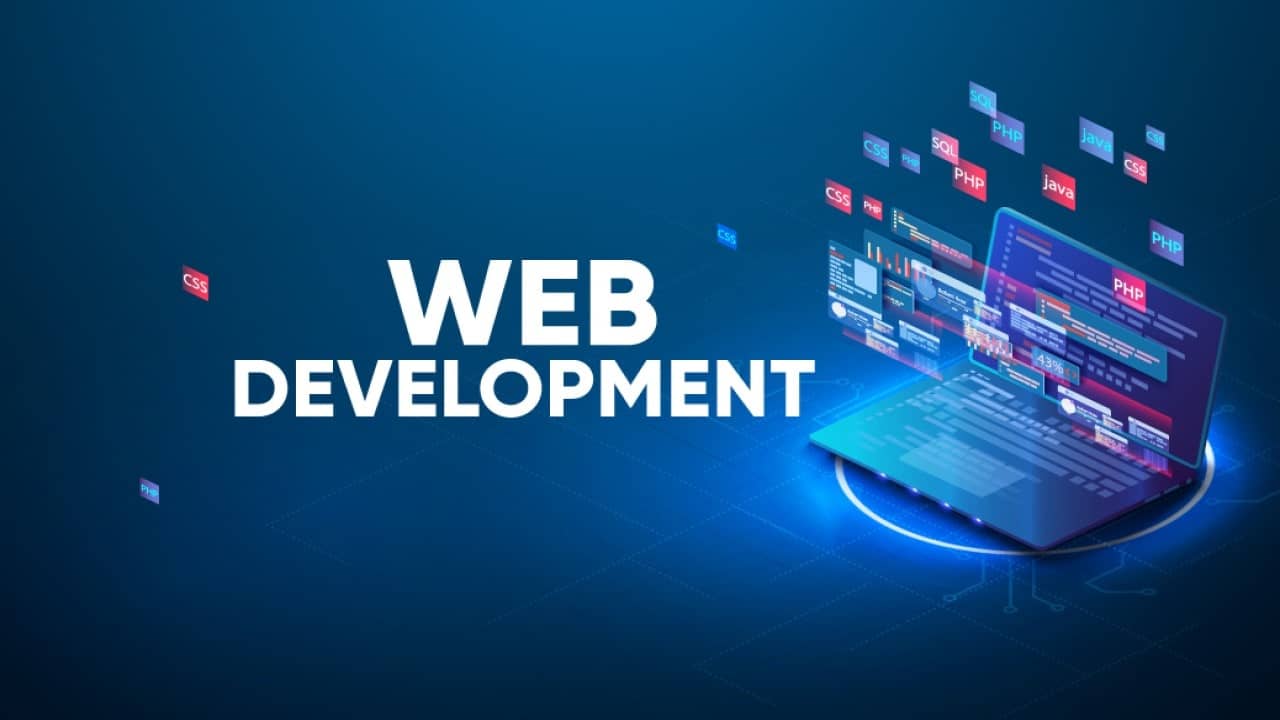
Top IT companies in Gujarat
October 24, 2024
October 7, 2024

As someone working in the supply chain space, you’ve likely asked yourself, “Is the buzz around AI in the supply chain real? Are organizations truly embracing AI?” According to Statista, AI adoption is on the rise, with 68% of companies projected to incorporate AI into their supply chain operations by 2025. The benefits are tangible, with many reporting cost reductions and increased revenue in business units utilizing AI.
Now that we know AI is indeed transformative for the supply chain, the next questions are: what are the right use cases for AI in supply chain management, and how are industry leaders leveraging it? This blog will explore these questions and provide practical insights into the role of AI in supply chain optimization.
AI's potential spans the entire supply chain lifecycle. Let’s dive into key stages—planning, sourcing and procurement, manufacturing, and supply chain automation.
Traditional demand forecasting methods rely on historical sales data and overlook factors like changing consumer preferences, market disruptions, or weather events, leading to inaccurate forecasts. AI, on the other hand, leverages machine learning algorithms to process vast amounts of data from online searches, social media sentiment, and competitor actions. This enables companies to generate accurate, dynamic demand forecasts, even in volatile markets.
AI helps organizations with real-time pricing optimization through dynamic and personalized pricing strategies. It also assists in refining promotional strategies, leveraging data to predict the interplay between pricing, demand, and customer behavior, helping maximize profitability without alienating price-sensitive customers.
AI empowers organizations to improve their environmental, social, and governance (ESG) performance. AI algorithms monitor energy consumption, predict equipment failures, and reduce waste, helping businesses align production with actual needs, thus minimizing inefficiencies and promoting sustainability.
AI can analyze supplier data on quality, delivery, and pricing to help businesses select the best-fit partners. AI-driven predictive analytics also forecast supplier performance issues before they arise, providing early warning systems to mitigate risks.
AI is revolutionizing procurement by enabling faster and more accurate invoice data extraction, improving compliance monitoring, and automating contract management processes. AI-powered procurement solutions can also analyze market trends to identify optimal sourcing strategies.
AI-powered spend analysis tools rapidly categorize and analyze large amounts of purchasing data. These tools can identify opportunities for cost reduction, predict price fluctuations, and suggest the best times to make purchases, allowing businesses to optimize their procurement strategies.
AI-based systems optimize inventory management by leveraging real-time data and predictive analytics. By analyzing historical sales data and market trends, AI models generate accurate sales forecasts and optimize reorder points, minimizing the risks of overstocking or stockouts.
AI enhances supply chain risk management by analyzing real-time data from diverse sources to detect potential disruptions. Predictive analytics allow companies to proactively adjust their operations in response to predicted risks, such as natural disasters or geopolitical issues.
AI models analyze sensor data and maintenance logs to forecast equipment failures before they occur. By recommending optimal maintenance schedules, AI-driven systems can maximize asset life and reduce operational costs.
AI-powered telematics solutions enable real-time tracking and monitoring of fleets, providing insights into vehicle location, speed, and fuel usage. These solutions help optimize routing decisions, reduce fuel consumption, and improve driver safety.
AI-powered route optimization tools provide real-time traffic analysis, allowing logistics companies to adjust delivery routes dynamically. AI also anticipates traffic bottlenecks and suggests alternative routes, improving both efficiency and customer satisfaction.
AI algorithms optimize warehouse operations by automating order picking, packing, and shipping. AI also ensures that the right products are available at the right time, reducing stockouts and excess inventory.
Despite the numerous benefits, implementing AI in supply chains comes with challenges. These include integration with existing systems, data privacy concerns, and the need for skilled personnel to manage AI tools. Overcoming these obstacles requires a well-structured approach to AI adoption.
At Nexowa, we help businesses navigate the complexities of AI implementation in their supply chain processes. Whether it’s developing custom AI solutions, optimizing logistics, or enhancing operational efficiency, Nexowa’s expertise ensures that your business stays ahead in this rapidly evolving landscape.
We provide:
Contact Nexowa today to schedule a free consultation and take the first step toward transforming your supply chain with AI.

Top IT companies in Gujarat
October 24, 2024

Hire a Dedicated App Developer: Build Your App Today
October 24, 2024
-1729776429043.avif?alt=media&token=2affca87-dade-4f14-94cb-2c2416a8238d)
What is Angular? Superior Web Development, Performance & Benefits
October 24, 2024

Building a Tech Stack for Growth: Tools and Technologies Driving Business Expansion
October 15, 2024
-1729777074986.avif?alt=media&token=c8b8bf65-87d3-47d8-b990-3ff1929ea86f)
Amazing Tech: Is AI-Powered App Development with FlutterFlow the Future?
October 15, 2024

What is CSS nesting?
October 15, 2024